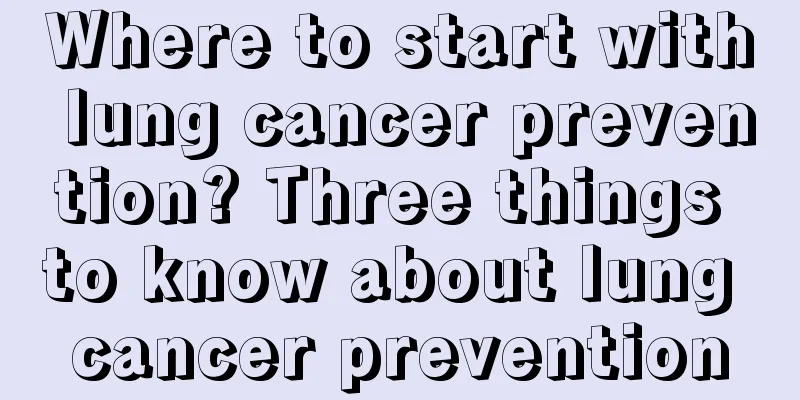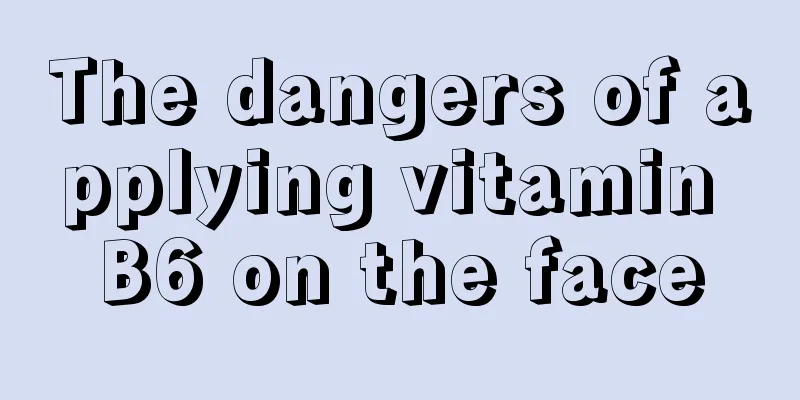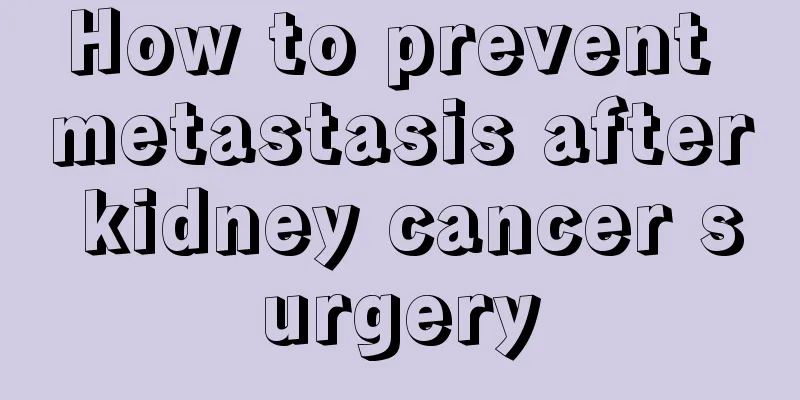Using this thing to wipe your hands will make them dirtier and dirtier

|
When it is inconvenient to use water when going out, wet wipes become the first choice for cleaning "tools", but can wet wipes really ensure hygiene? Recently, there have been rumors online that "wet wipes contain a low-toxic chemical solvent 'propylene glycol'. If you eat after wiping your hands with wet wipes, the toxic substances will enter the human body through the intestines, which is equivalent to eating poison." "My child started to grow teeth and often drooled and liked to suck his fingers, so I kept wet wipes with me for a long time and used them to wipe his hands at all times, so that even if he sucked his fingers, there would be no bacteria. But I didn't expect that the residual chemicals on the wet wipes after wiping his hands caused him to suffer from gastroenteritis, and he had diarrhea for three consecutive days." Ms. Li from Guangzhou is still frightened when she recalls her child's gastroenteritis two months ago. "Later, I took the baby to the hospital for a check-up. The doctor said that I should try not to use wet wipes to wipe the baby's hands in the future. The baby had gastrointestinal problems. It might be because he wiped his hands with wet wipes and then immediately put them in his mouth to suck. The chemical substances in the wet wipes remained on his hands and were sucked into the baby's stomach, causing gastrointestinal problems." Ms. Li said that now she no longer uses wet wipes to wipe her child's hands. She carries a pot of water every time she goes out, ready for her child to wash his hands at any time. Reporter investigation: Most wet wipes contain propylene glycol The reporter saw at the wet wipes counter that the wet wipes are carefully differentiated in terms of function, fragrance, and applicable population. Some are for infants and young children, some are for hands and mouths, and some can also clean electrical appliance screens. However, the reporter found that most wet wipes contain propylene glycol, and wet wipes that are not labeled as containing propylene glycol also contain other toxic disinfectant and preservative chemicals, such as "benzethonium chloride". The reporter found out from the information that propylene glycol is a colorless, viscous, stable, water-absorbing liquid that is almost tasteless and odorless, flammable, and a low-toxic chemical. Due to its low toxicity, it is not only used in wet wipes, but also as a solvent for spices and food coloring in the food industry. At the same time, propylene glycol is used as a solvent for blending agents, preservatives, ointments, vitamins, penicillin, etc. in the pharmaceutical industry. Doctor: Long-term excessive use will cause damage to the skin "Propylene glycol is widely used in wet wipes and cosmetics. It has moisturizing, preservative and antibacterial effects and has low toxicity, so it is somewhat irritating to the skin." Director Hao of the Dermatology Department of Jilin Academy of Traditional Chinese Medicine said that propylene glycol has low toxicity. About 1%-5% of people will experience tingling or burning sensation on their skin when using products containing propylene glycol. Although it has strong penetration into the skin, propylene glycol is also volatile. If the dosage of propylene glycol added to wet wipes, cosmetics and other items used meets the specified standards, it is not very irritating and can usually be used with confidence. However, it should be noted that children have delicate skin, and the use of wet wipes containing propylene glycol will be more irritating to the skin, easily damaging cell membranes, causing dry skin, and leading to dermatitis, etc. Therefore, children need to dilute before use. In addition, Director Hao told reporters that although propylene glycol is volatile, it will still leave residues. Therefore, if you wipe your hands with wet wipes and then eat, the propylene glycol remaining on your hands will enter the human body along with the food and have a certain negative impact on human health. It will accumulate in the body and weaken the immune system. Therefore, the saying that "eating after wiping your hands with wet wipes is equivalent to eating poison" makes sense. It can be seen from this that propylene glycol is widely contained in wet wipes, and there is some truth to the saying that eating food after wiping your hands with wet wipes is equivalent to eating poison. Experts suggest that propylene glycol is of low toxicity and that substances containing propylene glycol should not be used excessively for a long time. At the same time, due to its volatile nature, it is recommended to wipe your hands with wipes containing propylene glycol and allow the propylene glycol to evaporate for a while before eating. |
<<: |The seven most taboo things when going to the toilet, the second one is fatal!
>>: Table lamp is the "king of radiation" of household appliances
Recommend
Why does shiitake mushroom reduce milk production
Many people believe that shiitake mushrooms can r...
How much do you know about bone tumors?
Pathological types of bone tumors include multipl...
The difference between yuba and bean curd skin
Yuba and bean curd skin are both common soy produ...
What should you pay attention to when swimming?
As the quality of life continues to improve, many...
What are some aerobic exercises suitable for doing at home
Nowadays, most office workers are under increasin...
What to do if the flesh on my face is very loose
As we grow older, the skin on our face will gradu...
This is what stomach stones are like
Kidney stones are a common disease in daily life....
Best Diet for Endometrial Cancer
What should you eat for endometrial cancer? Surge...
What time of day is fetal movement most active?
If women are pregnant for the first time, they wi...
Do lung cancer treatment drugs have side effects? Introduction to the side effects of lung cancer drugs
There are many drugs for the treatment of lung ca...
How much does chemotherapy for testicular cancer cost?
After suffering from testicular cancer, patients ...
When is the best time to take a bath
We all love taking a bath, because it is particul...
What factors are related to gallbladder cancer?
Gallbladder cancer ranks first among malignant tu...
What can I eat to lower my high blood pressure?
Hypertension is a very harmful disease. It is wid...
What are the methods to train reaction ability?
Reaction ability is very important for athletes. ...









